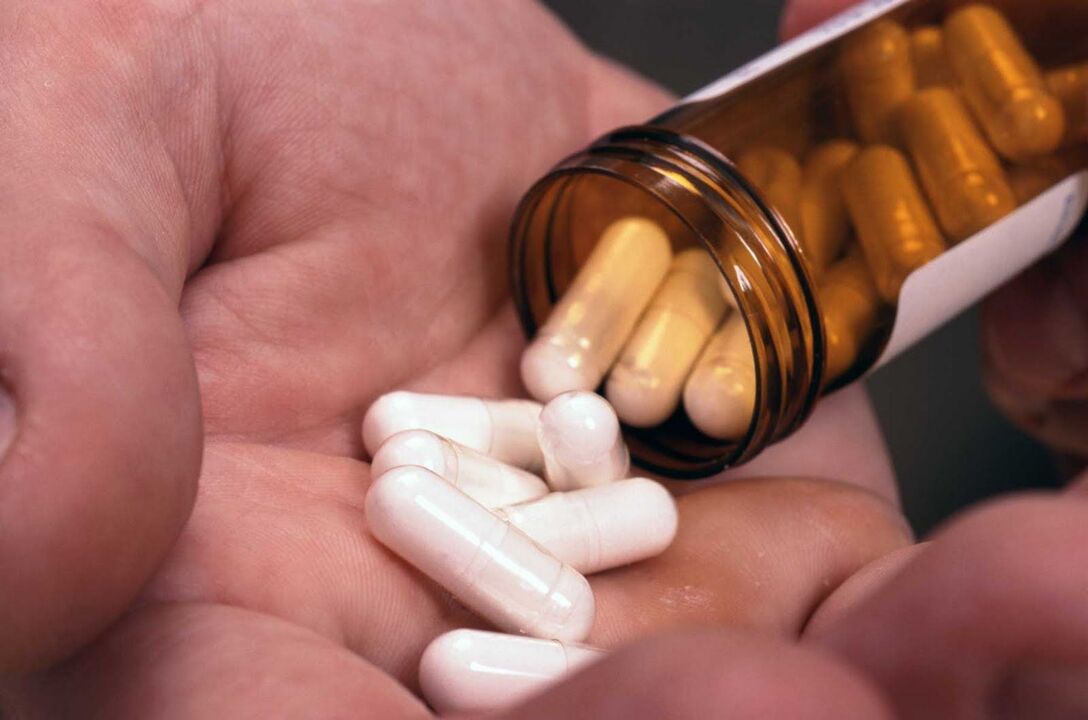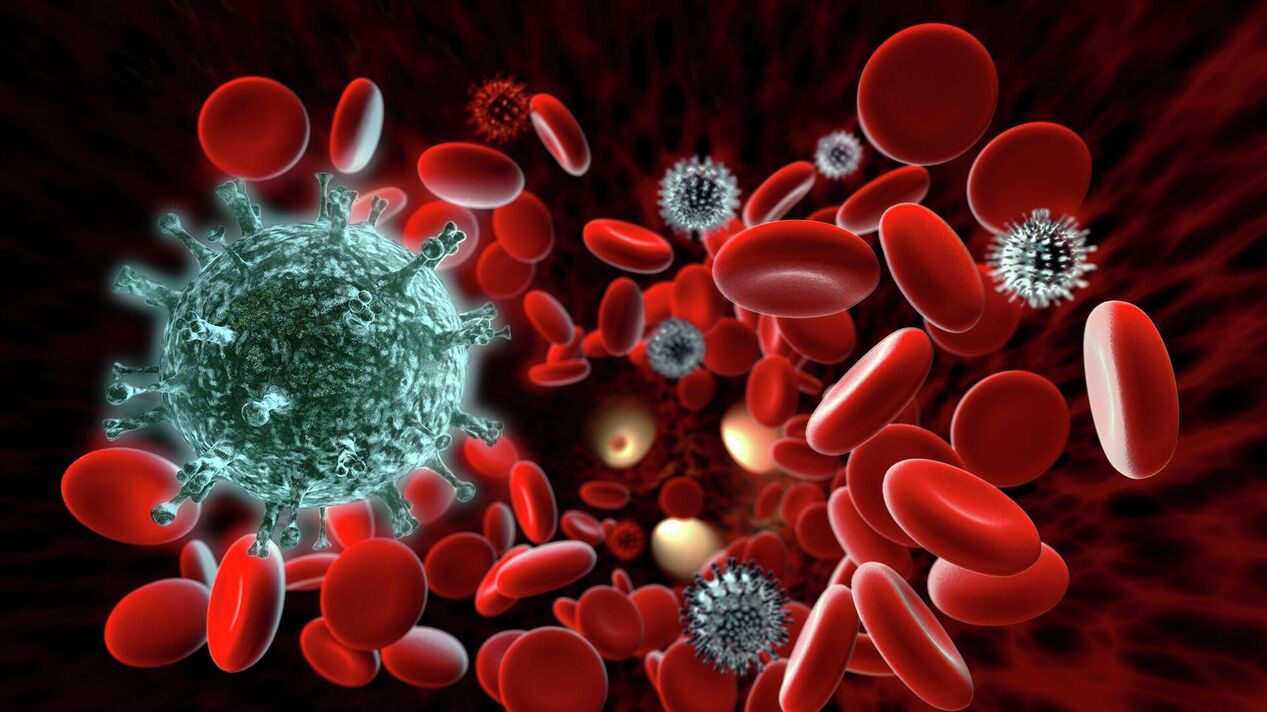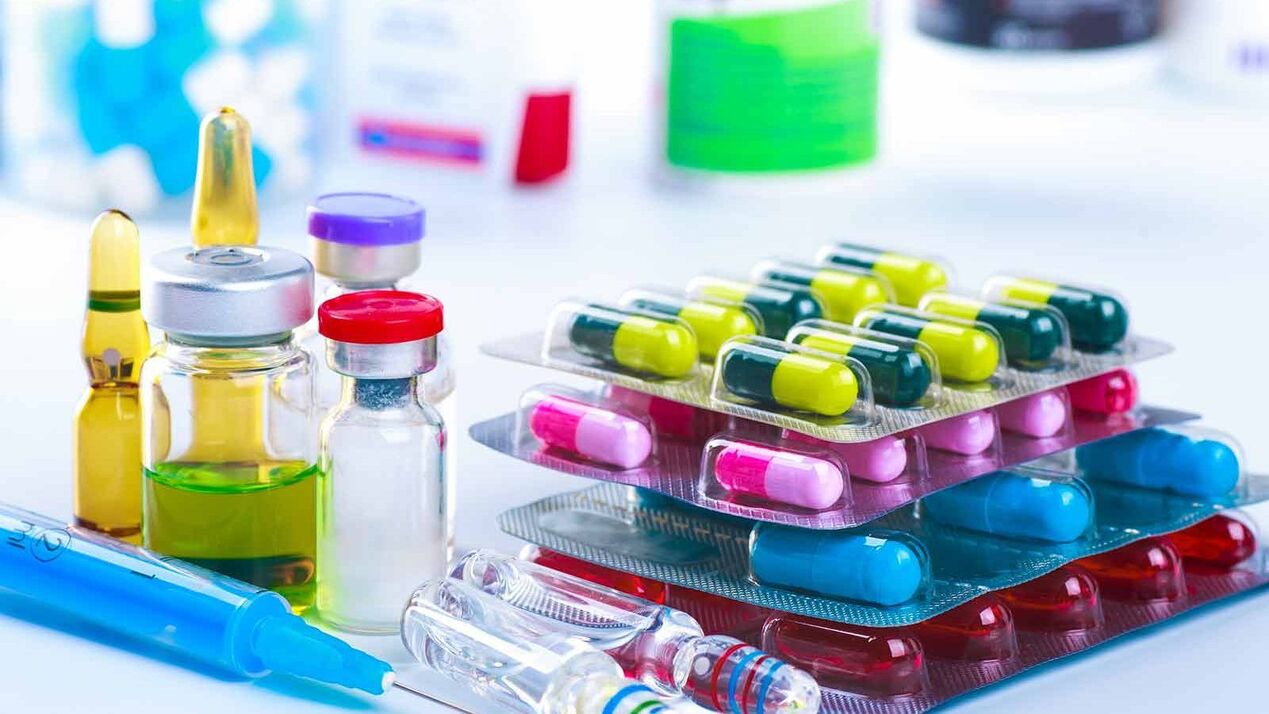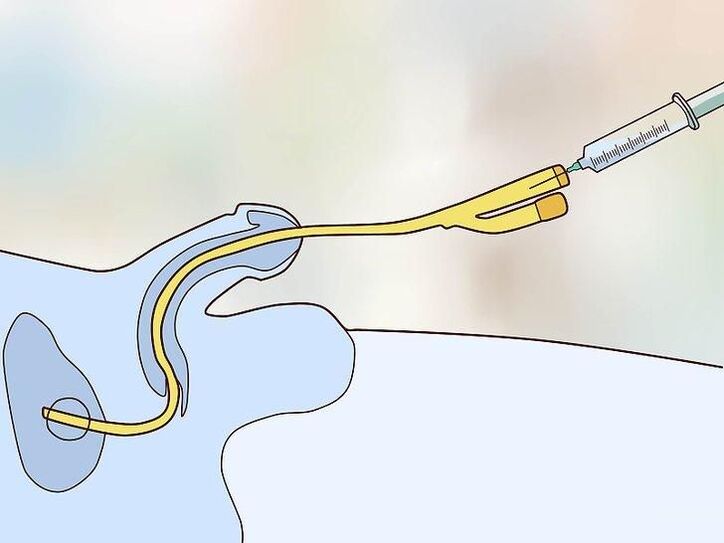Antibiotics: Characteristics of the Pharmacological Group

- high efficiency;
- Easy to use;
- local impact;
- efficiency;
- Convenient reception;
- A small list of side effects.
Treat prostatitis with antibiotics

Correlation with prostate inflammation
- causes of inflammatory processes;
- flow duration;
- The degree of activity of the drug against the pathogen;
- Individual patient sensitivity to each ingredient.
Drug effects on glands
- relief the pain;
- normalize body temperature;
- Increase urodynamics;
- Restore prostate function.
The advantages and disadvantages of
| Team name | advantage | defect |
|---|---|---|
| Fluoroquinolones | biological and clinical effectiveness; easily tolerated; Long half-life; Minimal side effects; High bioavailability. |
Contraindicated during pregnancy and lactation; Toxic effects on liver and kidneys; Symptoms: nausea, vomiting, dizziness and pain. |
| Cephalosporins | High activity; Well tolerated; Synergies with the previous group of products; Minimal side effects. |
Relatively low effectiveness against pneumococci; Gastrointestinal dysfunction; Photosensitivity (rare). |
| macrolides | Low toxicity; High concentration; bacteriostatic effect; No cross-allergy. |
causing symptoms; Digestive system disorders. |
| Penicillins | Movement speed; Minimal adverse reactions; relatively safe; Predictable consequences; short phase-out period. |
Splits in the gastrointestinal tract and therefore is administered by injection; Do not use for prostate inflammation. |
| Tetracyclines | bacteriostatic effect; Wide range of applications. |
Microbial resistance to this group of drugs |
Dosage form type

local remedies
- relief the pain;
- Restores blood flow to the pelvic area;
- Improve metabolic processes;
- Suppresses inflammatory processes in damaged organs.
Internal medicine
herbal therapy
Choose the right medicine

Group of antibiotics used to treat prostatitis
- Cephalosporins;
- Fluoroquinolones;
- macrolides;
- penicillin;
- Tetracyclines.
Description of representative figures
Medications to supplement antibiotic therapy
- Non-steroidal anti-inflammatory drugs - reduce pain and relieve inflammation;
- Analgesics (pain relievers) – stop acute attacks;
- Alpha-blockers - relax the muscles of the prostate and bladder;
- Immunomodulators – enhance the body’s resistance to infection;
- Intravenous supplement and vascular protectant - strengthens blood vessel walls and improves blood microcirculation.
The best antibacterial drugs, according to patient and doctor reviews
| pharmacological group | Instructions for use |
|---|---|
| Penicillins | Ineffective against prostate inflammation |
| Tetracyclines | Chlamydia, Trichomonas, Ureaplasma, Gonorrhea Prostatitis |
| macrolides | infectious disease |
| Cephalosporins | Exacerbation of bacterial prostatitis, cystitis, and ureaplasmosis |
| Fluoroquinolones | Two forms of bacterial diseases, pharyngitis, genitourinary diseases |
Treating prostatitis without antibiotics: is it possible?
- anti-inflammatory drugs;
- physical therapy procedures;
- massage therapy;
- engage in regular physical activity;
- Folk remedies.















